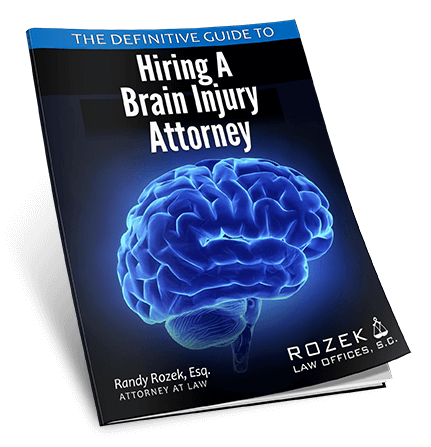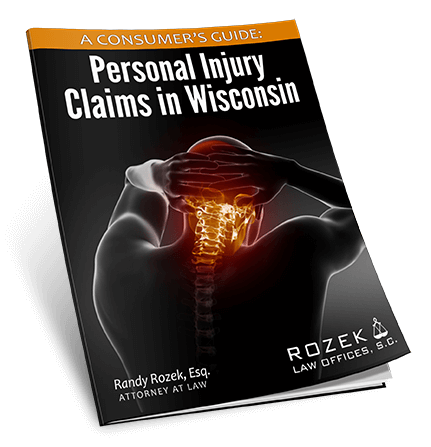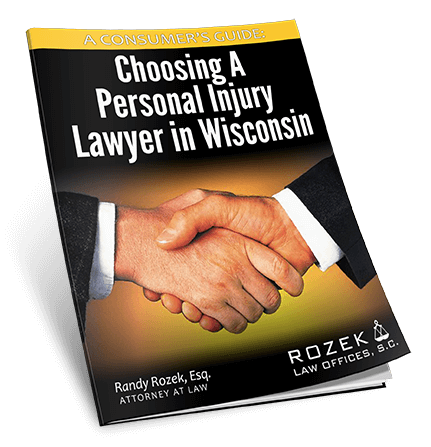Mild TBI and long-term cognitive function
About half of individuals who have experienced a mild traumatic brain injury (mTBI), also referred to as a concussion, may also experience long-term cognitive function issues, according to a new study. Mild traumatic brain injury is the most common type of traumatic brain injury, according to a press release posted on the National Law Review […]
About half of individuals who have experienced a mild traumatic brain injury (mTBI), also referred to as a concussion , may also experience long-term cognitive function issues, according to a new study.
Mild traumatic brain injury is the most common type of traumatic brain injury , according to a press release posted on the National Law Review website.
mTBI has been known to cause symptoms ranging from severe headaches to cognitive function impairment. Other symptoms include depression, fatigue, anxiety, confusion, pain, and irritability.
Early MTBI symptoms may appear mild, but they can lead to significant, life-long impairment in an individual’s ability to function physically, cognitively, and psychologically, according to the Centers for Disease Control.
Each year in the United States approximately 1.5 million Americans sustain traumatic brain injuries, ranging from mild to severe; 50,000 people die from TBIs; and 230,000 people are hospitalized due to TBIs and survive.
According to the CDC, data suggest that as many as 75 percent of all brain-injured people sustain mTBIs. mTBIs cost the nation nearly $17 billion each year.
Experts from the Centers for Disease Control and Prevention’s mTBI Working Group define a case of mTBI as the occurrence of injury to the head arising from blunt trauma with acceleration of any of the aforementioned symptoms.
“The time it takes for symptoms to resolve in the majority of individuals is thought to be approximately three months; however, some individuals continue to experience symptoms beyond that time period,” the press release reads. “Those with persistent symptoms are said to experience persistent post-concussion syndrome.”
Previous data suggests about 15 percent of people who get a concussion will go on to experience long-term cognitive impairment, but a new study on the topic suggest that this widely cited figure could be a gross underestimation.
Researchers in the mTBI study performed a scoping review of the literature reporting such longer-term cognitive outcomes.
“The goal was to identify the impact of a single concussion on cognitive function in the chronic stage – more than three months – post-injury,” the release about the study reads. “Data relating to the presence/absence of cognitive impairment were extracted from 45 studies. The researchers noted the inconsistency between clear evidence of longer term pathophysiological changes resulting from mTBI and the number of individuals reporting longer term mTBI-related symptoms, particularly impaired cognitive function.”
It was concluded that about 50 percent of people who experienced a single mTBI demonstrate long-term cognitive impairment.
















